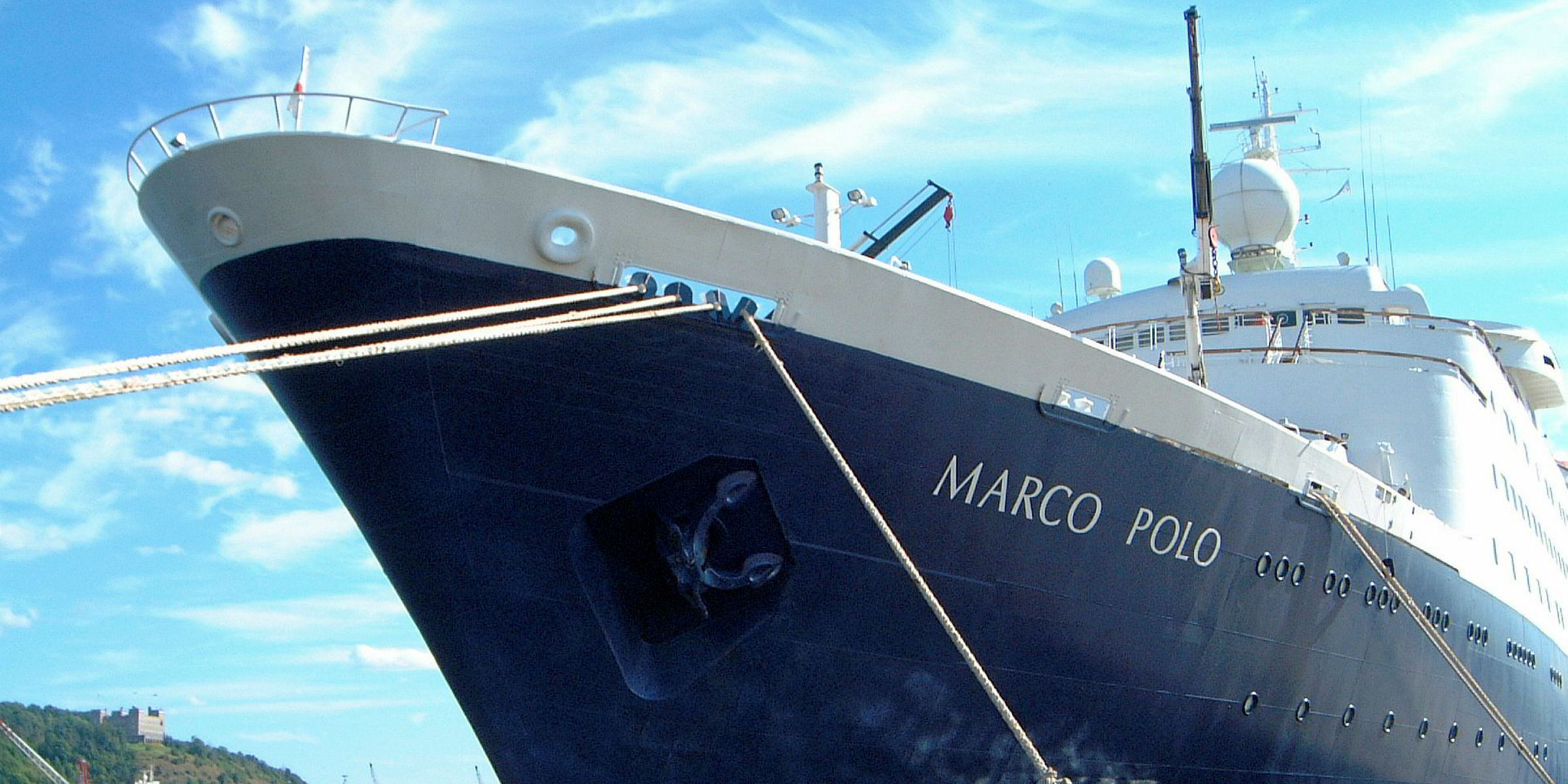The Navigators Underwriting Agency has successfully defended a claim arising from a norovirus infection that hit large numbers of passengers and crew of the elderly, 22,080-gt cruiseship Marco Polo (built 1965), which forced the cancellation of a voyage.
Cruise & Maritime Services International sued Navigators as the lead underwriter of seven Lloyd’s syndicates subscribing to a charterers' liability policy that was claimed to cover personal injury and ruined holidays under the Athens Convention relating to the Carriage of Passengers and their Luggage by Sea (Athens Convention).
The policy was bought by Marco Polo Chartering Ltd as head charterer of the vessel for five years. The Marco Polo was then sub-chartered to Transocean Tours Touristik GmbH of Bremen, which had a general sales agency agreement with UK-based Cruise & Maritime.
The latter were named as co-insureds on the policy and, in that capacity, sued Navigators for reimbursement of funds and discounts on future cruises given to passengers on the cancelled voyage.
High Court judge Justice Knowles said he was not satisfied that the funds provided by Cruise & Maritime were made available to passengers rather than the tour operators.
During the 2009 novovirus outbreak, passengers on the Marco Polo received a letter promising an ex gratia compensation payment for the full amount of the cruise fare.
Cruise & Maritime claimed it was a contracting carrier under the 1974 Athens Convention.
But Justice Knowles declared this to be incorrect as passengers made only one contract and that was with a number of tour operators rather than Cruise & Maritime.
“The terms used by the tour operators did not put the claimant into a contractual relationship with the passengers,” the judge said.
The judge added that no reading of the general sales agency allowed for a credible interpretation of it as a charterparty so any losses, costs or expenses incurred by Cruise & Maritime were not done so as a charterer.
The judge took the view that the compensation paid by Cruise & Maritime was to preserve the commercial relationship with tour operators and to protect its reputation rather than from a legal liability to passengers insured under the policy.
The trial was held earlier this year, with Justice Knowles noting in a judgment handed down last week that evidence was limited and disclosure of documents not complete.
Demian Smith, the Navigators underwriter responsible for marine and energy liabilities at the time, had little recollection of the specific facts of the insurance in issue. He has since moved to be chief executive of StarStone’s international operations.
The judge was critical of Richard Bastow, a retired founder of Cruise & Maritime, finding his evidence not to be reliable.
“It was clearly impaired by the passage of time but it was also affected by views he had reached, sometimes more recently, of what he thought the legal position should be,” Justice Knowles said.
Contemporary news reports suggest as many as 400 passengers and crew were infected before the Marco Polo’s 10-day cruise was cancelled. A 74-year-old passenger, who had serious underlying health problems, died of a heart attack — but it was not clear if the novovirus was a contributory cause.



